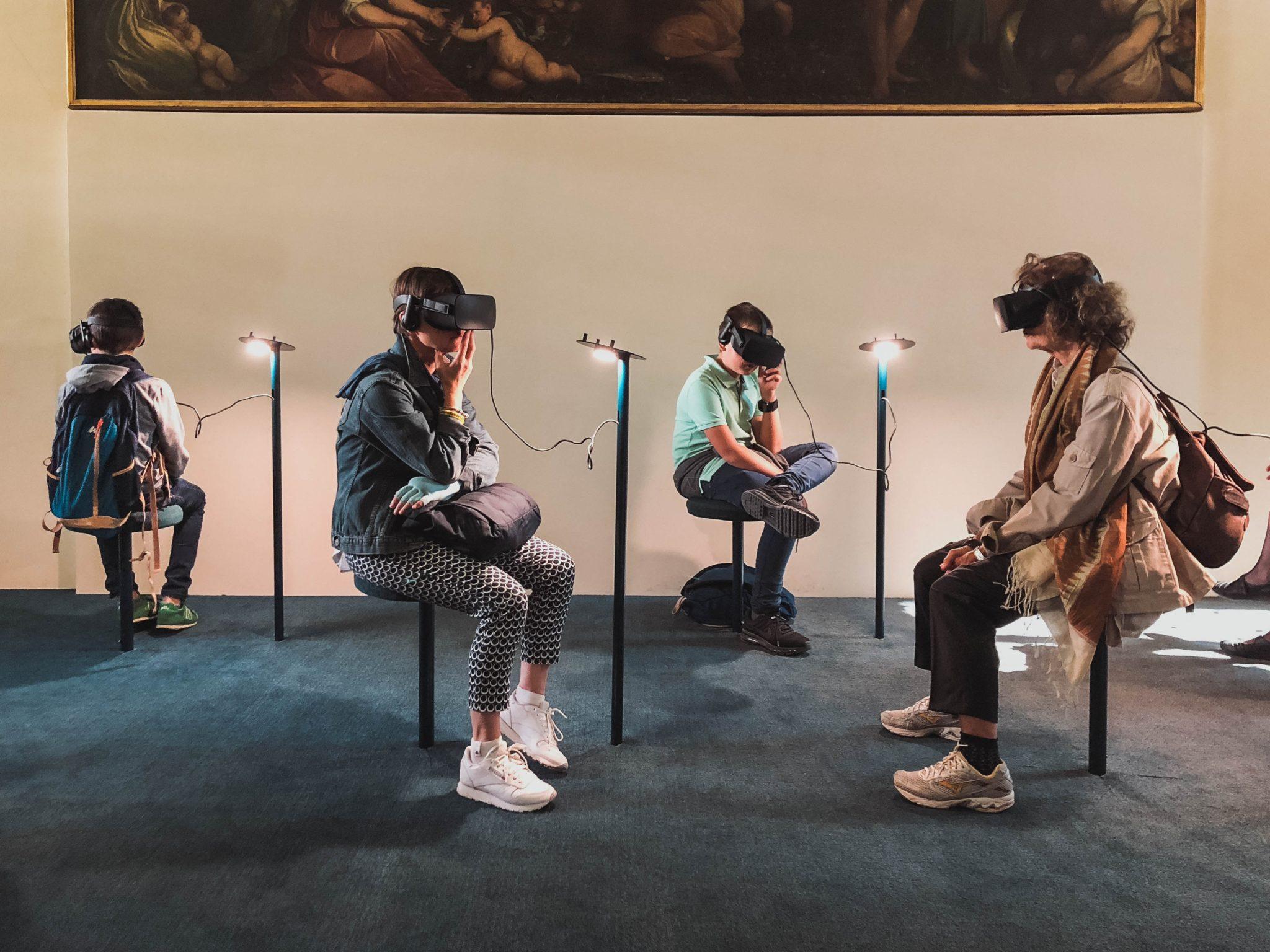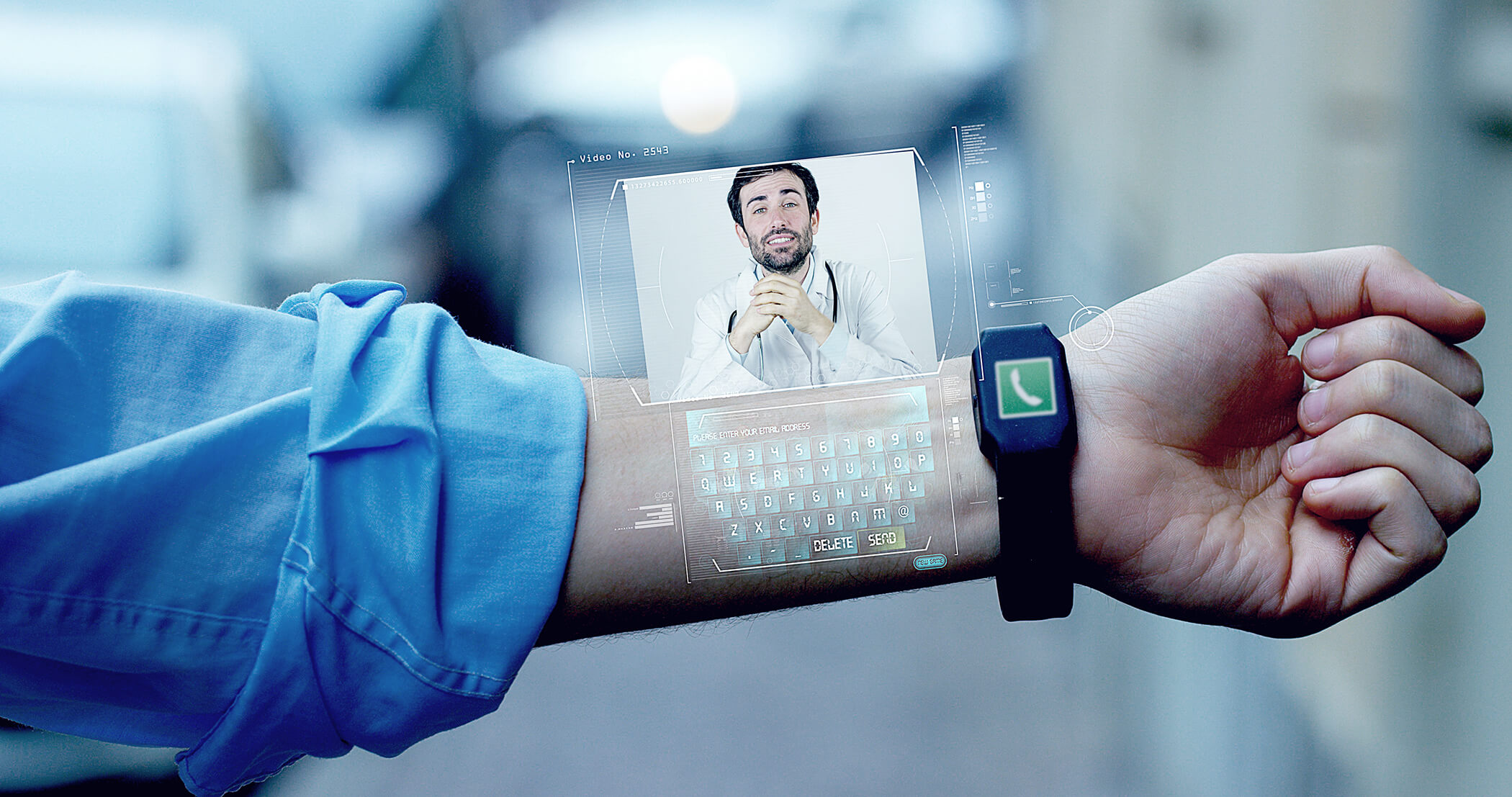From its start, artificial intelligence has advanced significantly. AI has completely changed the way we live and work, from chatbots to driverless cars. It's only reasonable to ask what the future of AI holds as we move into a new age of technological development. This article will examine the most recent developments in artificial intelligence and their prospective effects on society. Join us as we explore the fascinating realm of AI's future.
The potential for artificial intelligence (AI) to transform our environment grows as technology develops. Artificial intelligence (AI) has the potential to revolutionize a wide range of sectors and enhance our everyday lives in ways we can't even begin to fathom. So what will AI really look like in the future? We'll look at the most recent developments in AI and what they represent for the future in this post.
The Catch
The attraction of AI is difficult to ignore; the notion of robots with the capacity to reason, learn, and adapt on their own is obviously interesting. Yet, the applications of AI go well beyond novelty and have the potential to improve our quality of life by making it simpler, safer, and more productive. In this post, we'll examine some of the applications of AI that are now in use as well as some of the developments that are on the horizon.
The Beginning
While artificial intelligence has been around for a long time, it has only recently made substantial strides. The growth of large data, advancements in algorithms, and accessibility to powerful computer resources have all contributed to AI's rising sophistication and strength.
AI is already being used in many different areas right now. AI is permeating every aspect of our everyday lives, from self-driving vehicles and smart homes to virtual assistants like Siri and Alexa. Nevertheless, AI's potential uses go well beyond this consumer-oriented technology.
AI is already being used in the healthcare industry, for instance, to analyze medical imaging, spot trends in patient data, and even help with the surgery. AI is being utilized in finance to evaluate enormous volumes of data and improve investing choices. AI is now being utilized in industry to save waste and improve production processes.
So what will AI really look like in the future? What new developments might we anticipate as this technology develops over the next years? Let's look more closely.
The Headline: AI Advances
Much progress has been made in the area of AI during the last several years. The growing accessibility of big data is one of the main forces behind these developments. AI algorithms may learn and advance more quickly because they have more data to work with as daily data generation increases.
The creation of increasingly complex algorithms is another important element. In particular, deep learning has revolutionized AI. AI systems have made strides in areas like image recognition, natural language processing, and even gaming thanks to an approach that involves training neural networks on massive volumes of data.
The Uses of AI, The H2
We may anticipate seeing AI employed in a larger number of applications as it develops. Only a few instances are shown below:
Healthcare: A number of approaches, including early illness detection and surgical assistance, are already being employed by AI to enhance patient outcomes.
Finance: AI is being used to evaluate enormous volumes of financial data, allowing for improved risk management and investment choices.
Manufacturing: AI is being utilized to streamline workflows, save waste, and enhance quality assurance.
AI is being utilized in agriculture to assist farmers in making better choices on crop management, irrigation, and pest control.
Transportation: AI is being used to enhance public transit, manage traffic flow, and even assist drones to traverse challenging situations. Self-driving vehicles are only the beginning.
The Risks and Challenges of AI
While AI has enormous potential advantages, there are also substantial hazards and limitations that need to be taken into account. The possible effect on employment is one of the main difficulties. There is a chance that as AI systems get more powerful, they will
FAQs:
Will AI eventually replace human labor?
A: Although AI has the ability to automate a wide range of operations, it is doubtful that it will ever completely replace human labor. Instead, AI is more likely to function in conjunction with human employees, facilitating and streamlining their tasks.
Is AI secure?
A: Artificial intelligence is not without danger. But, AI may be utilized safely and responsibly with the right legislation and control.
Can AI be creative?
A: Although machines are capable of producing creative works, they are unable to duplicate the creative process.
Conclusion:
AI is an area that is interesting and quickly developing. AI has the ability to change how we live and work, from machine learning to NLP. The ethical ramifications of its usage must be taken into account, and it must be utilized properly. It's up to us all to embrace AI's potential as we go ahead and try to build a world where it serves society as a whole.



